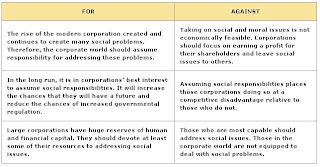New START
- The New Strategic Arms Reduction Treaty, also called New START, signed by the US and Russia in April 2010 is on the way to becoming operational with its ratification by the American Senate last week.
- The Senate vote in favour of the treaty is a big morale booster for President Barack Obama after his party suffered serious reverses in the recent Congressional elections, which threatened to derail his nuclear vision aimed at reducing the world’s stockpile of nuclear weapons.
- Early this year his administration had come out with what was called the Nuclear Posture Review, which assured the global community that the US would not launch a nuclear attack on a non-nuclear country and would end nuclear tests for the production of more weapons of mass destruction.
The new treaty, which had no difficulty in getting ratified by the Russian parliament because of the ruling party there having a comfortable majority, will result in the reduction of the US and Russian nuclear weapons to 1500 warheads for each of them. The limit was 2200 nuclear weapons according to the 1991 Strategic Arms Reduction Treaty, which ceased to remain valid in December 2009. It is true that there are certain kinds of nuclear weapons which are not covered by the New START, and the US and Russia will still have enough bombs — 90 per cent of the total stockpile in the world — to destroy all that exists on the globe many times over. Yet the new treaty can be considered as a welcome move towards a nuclear weapon-free world.
With the New START coming into effect, the Obama administration will be in a better position to force Iran to abandon its controversial nuclear power programme and launch a renewed drive against North Korea’s nuclear ambitions. This is, however, not enough to end nuclear proliferation. There is need to have some kind of a system so that China, Pakistan and Israel, too, provide credible proof that they are not adding to their nuclear arsenal. This is necessary to prevent other countries from aspiring to become nuclear powers.

Comments
Post a Comment